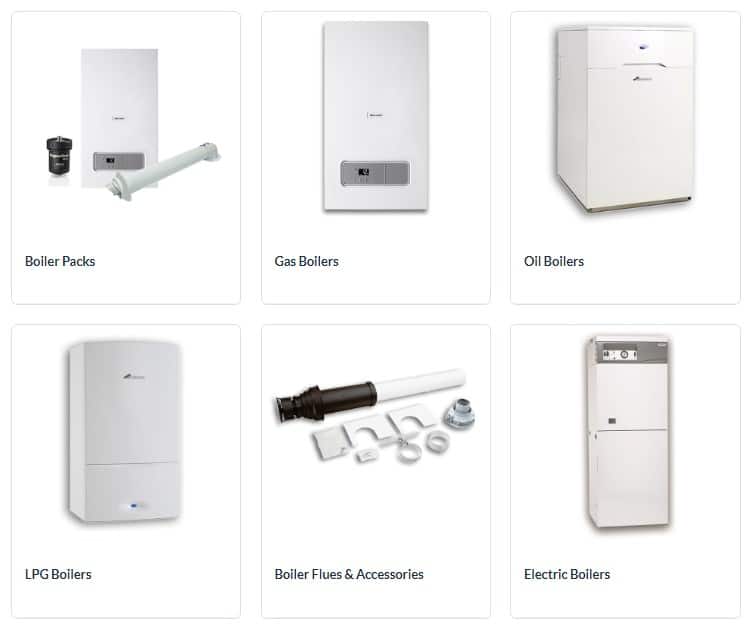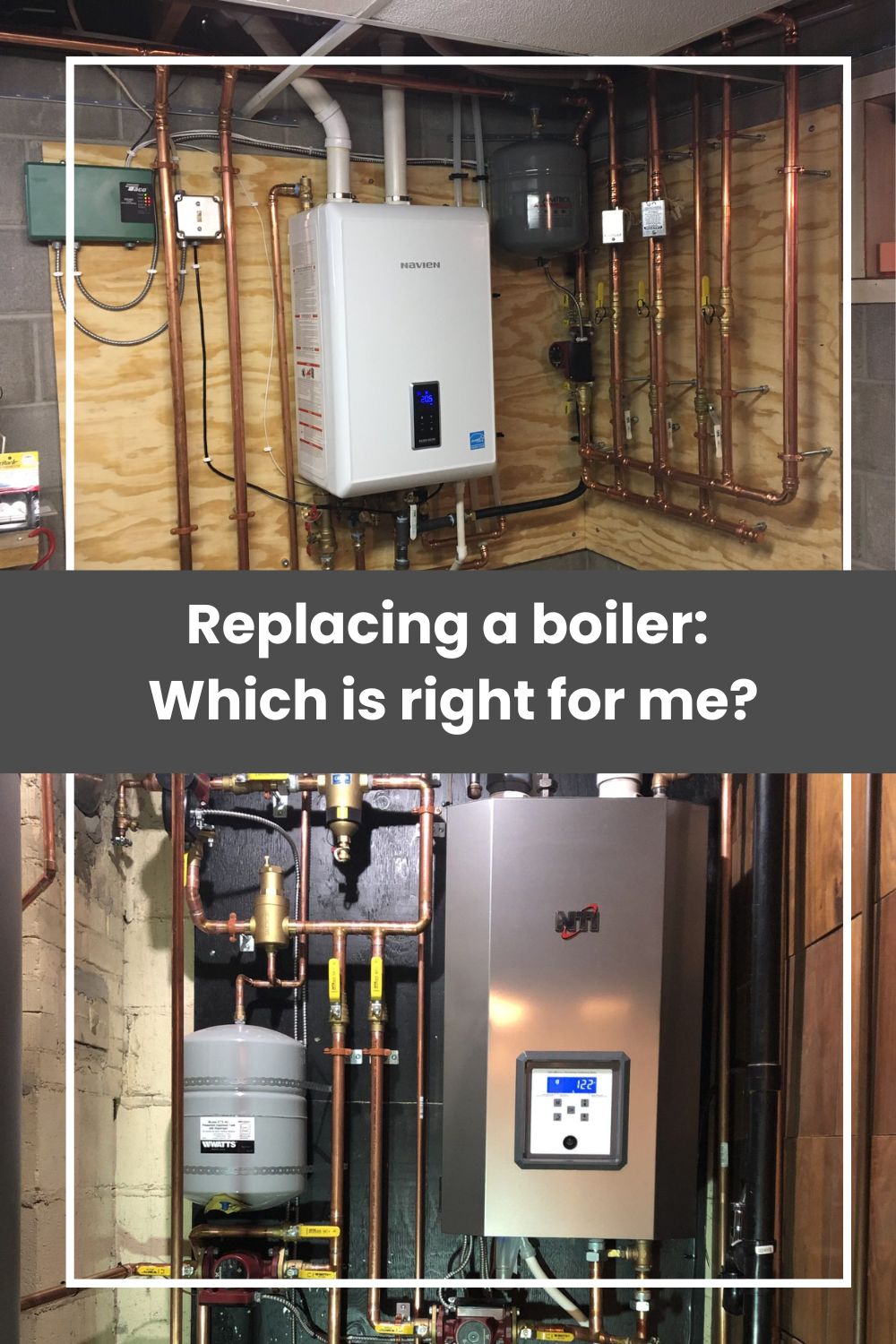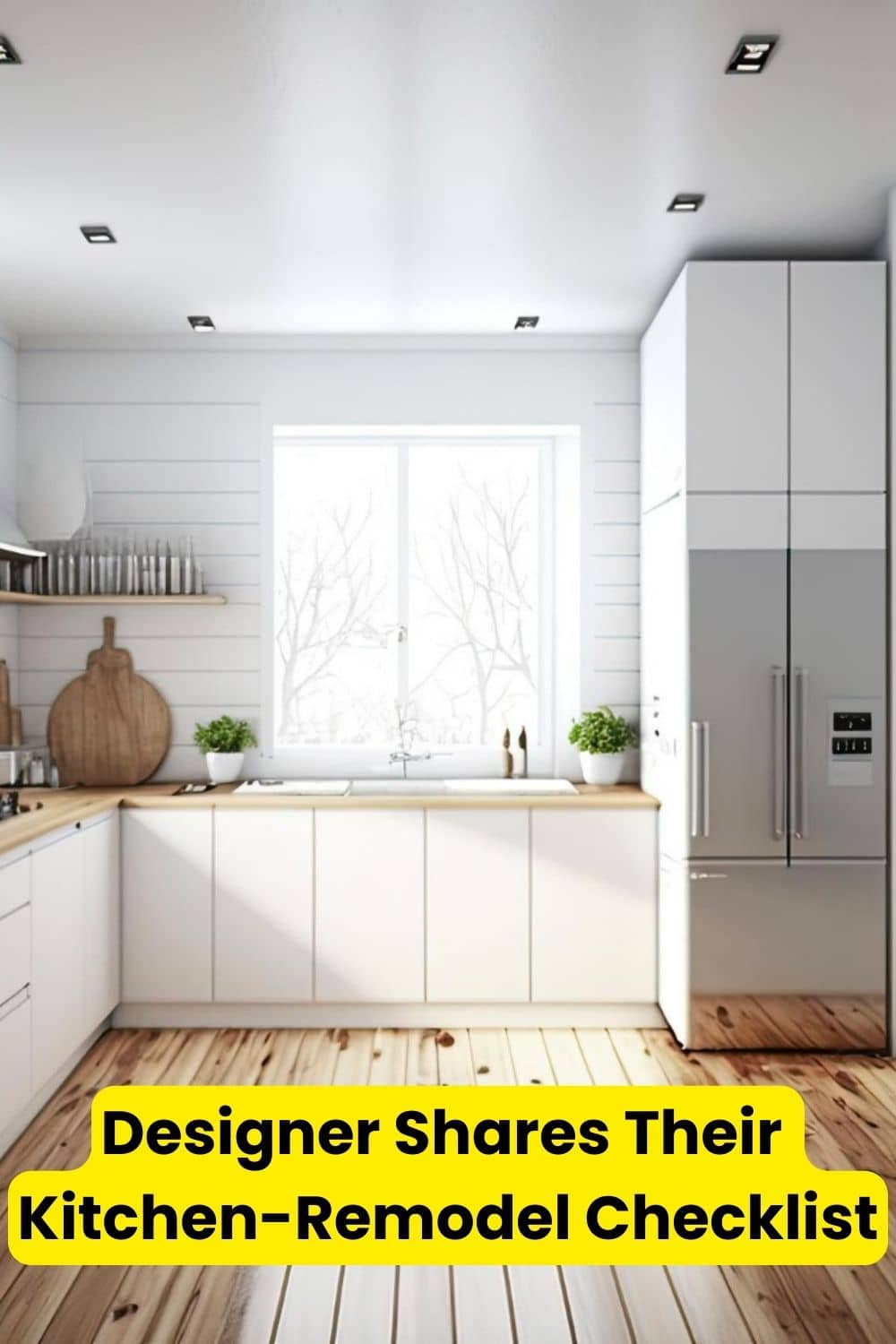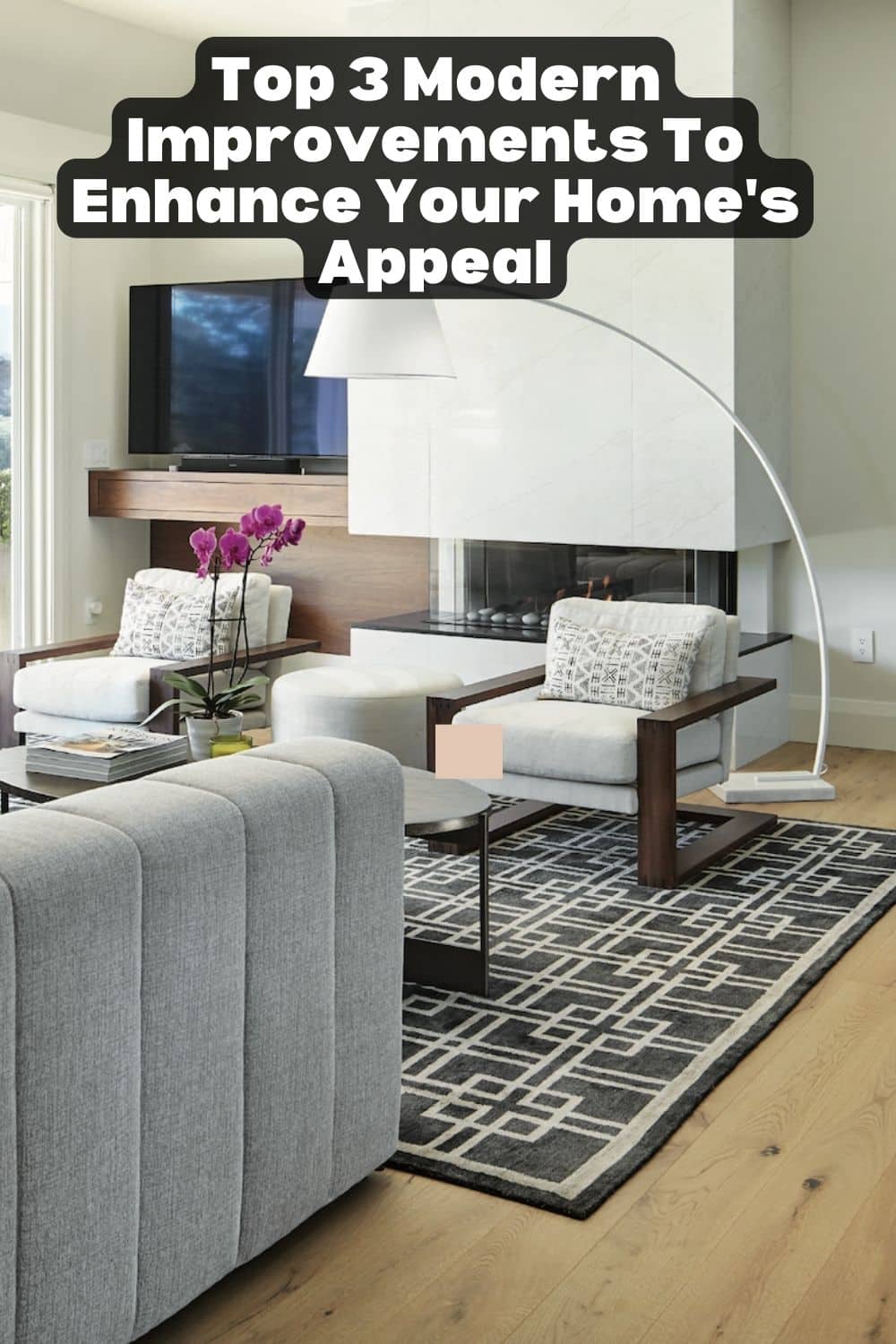When it comes to energy efficiency, the boiler is arguably the most important single appliance in any household. Invest in the right one, and your home is going to be more comfortable and cheaper to run for the next decade. This goes especially at a time of rising energy prices.
Types of Boiler
Boilers, however, come in many different types. Before you make an investment of this magnitude, it’s well worth looking into the upsides and downsides of each one.
Combi boiler
A combination boiler dispenses with a separate hot water tank and generates hot water directly at the point of use with the help of a heat exchanger. This means near-instantaneous hot water. There’s no need for any separate components, which means lower maintenance costs and more space. As such, they’re an obvious choice for smaller homes – but they might also be appropriate for larger ones, too.
Heat-only boiler
Also known as a ‘regular’ boiler, these devices will pump hot water to your radiators, using a separate cylinder to provide your taps with hot water. They tend to be a better match for older systems, which have a tough time coping with the high pressures generated by newer systems. These kinds of boilers also tend to be the cheapest to replace – unless you have a back boiler behind your fireplace, in which case the replacement unit will need to be relocated elsewhere.
System boiler
You can think of a system boiler as akin to a combination boiler – except that all of the components that might have been housed inside the same unit are instead kept separate. This means that you’ll have a system of pumps, tanks, valves and other components, which you can tailor to suit the space. In most cases, a system boiler is the best choice for larger properties.
You can design the system to cope with high hot-water demand, such as lots of people having simultaneous showers in the morning. However, you’ll need a lot of space, and you’ll tend to get good results only if the pressure coming into the system is high enough.
What about energy ratings?
So, you’ve decided which type of boiler you need. But how to make sense of the energy ratings? Is it worth investing in an expensive boiler when there are other, more affordable options available?
The heat output of your boiler will be measured in kilowatts. The higher the rating, the more energy the boiler will use. But this isn’t the whole story, since more powerful boilers won’t need to be switched on for as long. You’ll want a boiler that’s matched to your home to get the balance between heat and efficiency.
The ErP provide boilers with colour-coded ratings so that homeowners can make reasonably informed decisions about where to invest. The best boilers are rated A+++; the worst are rated F. All new boilers tend to get an A or better – but some go a step further.






Leave a Reply